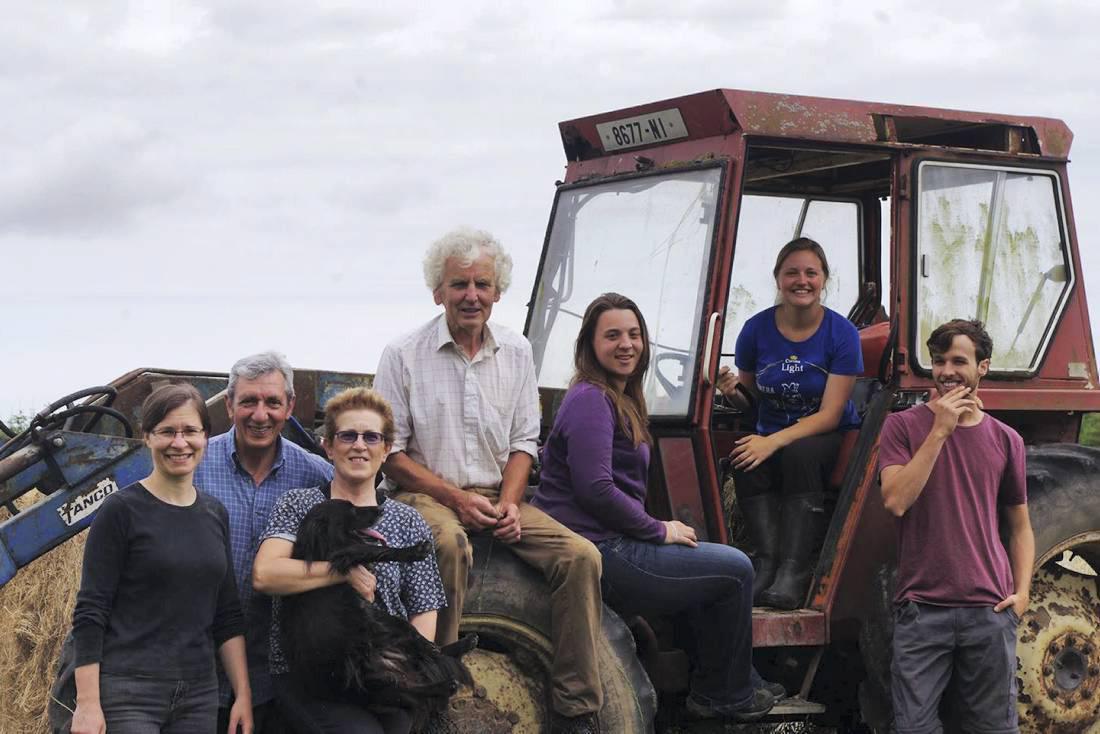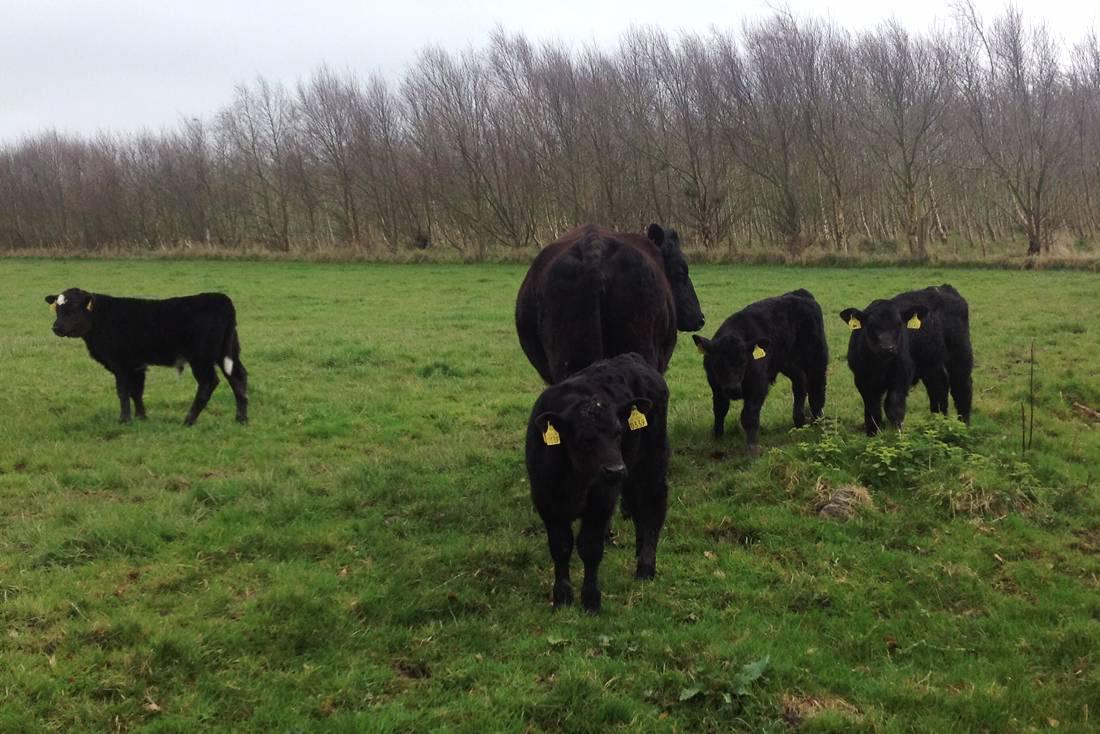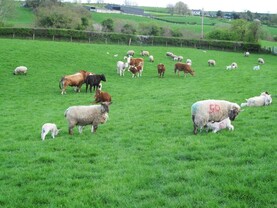I honestly don't know how I became "organic". It just seemed to creep up on me. I remember as a teacher contacting IOFGA over 20 years ago to make contacts that could feed into my teaching of Agricultural Science.
I felt that a farm visit to an organic farm would be more accessible to my non farming students and might broaden the minds of my farming students. I personally remained highly sceptical of the sustainability of farming without fertiliser.
My journey may have really started in 2003, when I planted 12 hectares of mainly broadleaf trees around the edges of my farm. I enjoyed that so much that I planted another six hectares three years later.
My place is quite exposed to the sea, only two to three kilometres away, so I planted to give maximum shelter effect to my remaining farmland believing that increased shelter would give benefits in grass production, animal welfare and additional land use options. I can say that seeing the dramatic effect of shelter on maize crops was a convincer.
AEOS
My next step was into AEOS I. I hadn't entered REPS but when AEOS came along, I jumped in and signed up to do a bit of everything: tree planting, hedge planting, riparian zones, wildlife habitat, traditional meadows, traditional orchard, coppicing, the works.
These things again brought winds of change to my farm and to my thinking. As conventional farmers our focus is on annual crops or herbaceous perennials. We start, and end, every year at ground zero. When we shift our attention to woody perennials, the difference can be amazing.
Instead of growth starting from the ground every year - like a crop of barley, growth of a woody perennial starts from where it left off in the previous year. The growth is cumulative and change is built into this growth. Change of view, change of horizon, change of outlook.
Organic
Change is exciting and addictive which I think is the reason why I took the plunge into going organic in 2010. I still retained my earlier scepticism about sustainability etc but I reasoned that the only way to find out was to try it out. So, four years later, what do I think about it?
Firstly, I can say that I enjoy farming now much more than before. It engages me in a way that my previous farming did not. I enjoy thinking through my practices from first principles rather than just applying the prescriptive recommendations associated with conventional farming. I find this empowering and deeply satisfying.
Pasture improvement
Secondly, my pastures are improving each year. I can see it in the grass and the clover and the cattle. I don't know if these observations would be supported by scientific measurement or not. The number of variables may be just too big.
My scepticism has turned 180 degrees and I now feel that scientific method struggles with multi-annual complex biological processes and the soil, grass, cattle relationship is extremely complex.
Thirdly, my cattle like it. I know this because I have almost forgotten my vets name.
Wwoof
Fourthly, amazingly there is a group of lovely people called “wwoofers” who come from all over the world to volunteer to help around my farm, to tell their stories and share great meals. What could possibly be wrong with that?
Finally, it has opened up new opportunities for production and marketing that have allowed me to begin to engage with consumers on a one-to-one basis. I feel the potential is limited only by my time and my desire and not by any lack of land or capital or any third party. That's a perspective it is hard to get from conventional farming.
Should I go back? What do you think?






 This is a subscriber-only article
This is a subscriber-only article












SHARING OPTIONS: